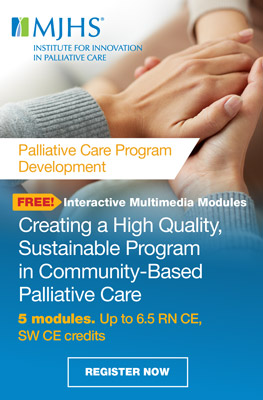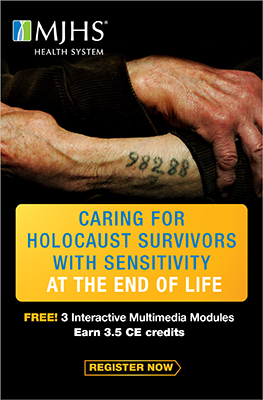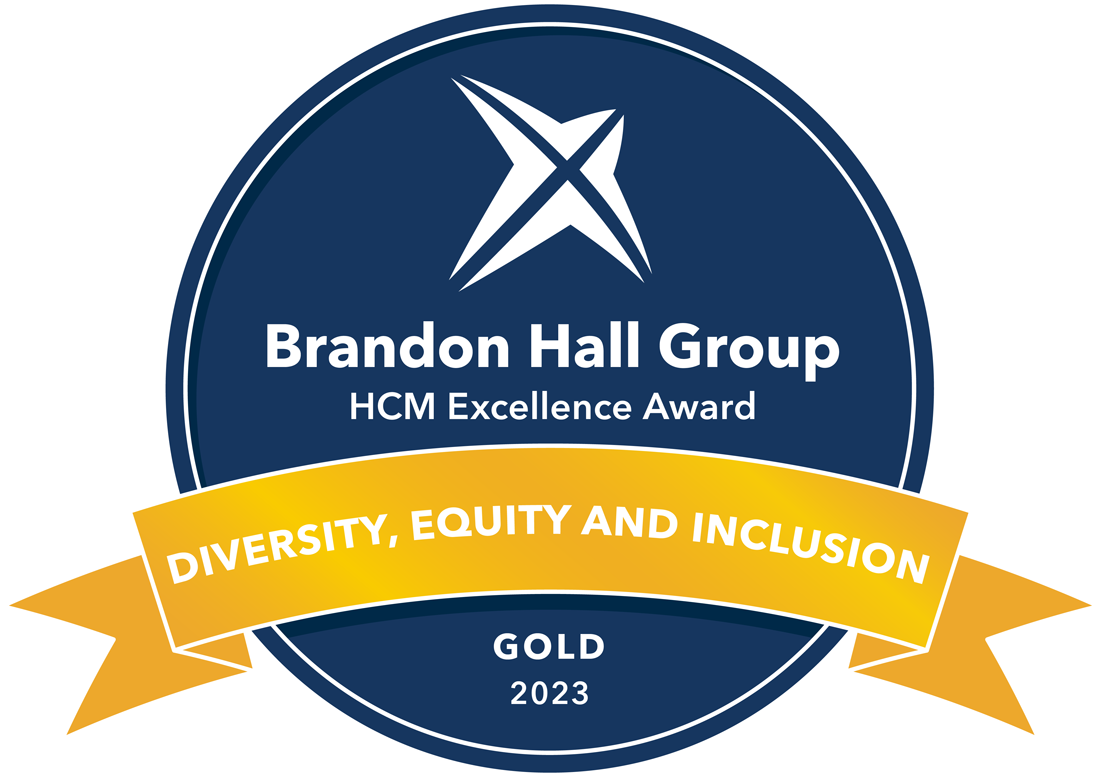Hospice & Palliative Care
ONLINE CONTINUING EDUCATION
Learn Anytime. Earn Credits. Improve Practice.
ON-DEMAND WEBINAR SERIES:
ARTIFICIAL NUTRITION AND HYDRATION IN PALLIATIVE CARE AND HOSPICE

Michael Mencias, MD, FAAHPM
Senior Hospice Physician
MJHS Hospice and Palliative Care
Purpose:
For chronic progressive illnesses, the perceived decrease or absence of nutrition and hydration often leads to a request for these interventions by artificial means. Palliative care clinicians receive these requests likely more often than any other medical specialists. This webinar will review the evidence for artificial nutrition and hydration, discussing its benefits and burdens on common clinical conditions.
Objectives:
- Discuss the role of “natural” nutrition and hydration in maintaining metabolism
- Discuss the routes available for administration of nutrition and hydration by “artificial” means
- Review the evidence for benefits and burdens of artificial nutrition and hydration on common clinical conditions
Target Audience: Registered nurses, advanced practice nurses, registered nurses with a specialty in palliative care/hospice, social workers, allied health professionals, fellows, residents, and medical students
Criteria for Successful Completion:
- Attendance at entire session
- Submission of completed evaluation form
- Successful completion of a posttest; 80% passing grade (mandatory to receive CE credit for social workers)
Continuing Education Credits: 1.0
Continuing Education Accreditation
Physicians: The AAFP has reviewed MJHS Institute for Innovation in Palliative Care Interprofessional Webinar Series – On Demand (5), and deemed it acceptable for AAFP credit. Term of approval is from 10/11/2025 to 10/10/2026. Physicians should claim only the credit commensurate with the extent of their participation in the activity. This session Artificial Nutrition and Hydration in Palliative Care and Hospice is approved for 1.0 enduring AAFP Elective credit.
Note: Physicians should contact their respective licensing boards and specialty certification boards about acceptance of AAFP Elective credits when attempting to satisfy CME credit requirements.
Nurses: The MJHS Institute for Innovation in Palliative Care is an approved provider of nursing continuing professional development by the Northeast Multistate Division Education Unit, an accredited approver by the American Nurses Credentialing Center’s Commission on Accreditation.
Social Workers: MJHS Institute for Innovation in Palliative Care is recognized by the New York State Education Department’s State Board for Social Work as an approved provider of continuing education for licensed social workers #SW-0242.
Fees: Free (includes CME/CE certificate)
Release Date: October 11, 2025
Expiration Date: October 10, 2026 (for physicians and non-physicians); March 31, 2028 (for nurses); January 31, 2028 (for NYS Social Workers)
Disclosures:
Michael Mencias, MD, FAAHPM, has no financial arrangements or affiliations with any commercial entities whose products, research, or services may be discussed in these materials. Any discussion of investigational or unlabeled uses of a product will be identified.
No Planning Committee member has any disclosures.
Planning Committee Members
Myra Glajchen, DSW
Kerrianne P. Page, MD, HMDC
Joyce Palmieri, MS, RN, CHPN
Karen Richards, PhD, EdS
Funding Disclosure: No commercial funding has been accepted for the activity.
Location: Online at https://www.mjhspalliativeinstitute.org/e-learning/
The MJHS Institute for Innovation in Palliative Care is pleased to offer free interdisciplinary palliative care webinars, live and on demand, delivered by frontline experts, typically offering Continuing Medical Education (CME), Nursing continuing education (CE), Social Work CE credits, Case Manager CCMC CE credits, and Music Therapy CE credits.
Our free interactive multimedia modules on Community-Based Palliative Care Program Development and Caring for Holocaust Survivors With Sensitivity at End of Life offer up to 9.75 CE credits.
Free pdf downloads now available: 15 palliative care professional factsheets and patient education handouts on 18 topics in English, Spanish, Haitian Creole, Arabic, French, and Russian.
















